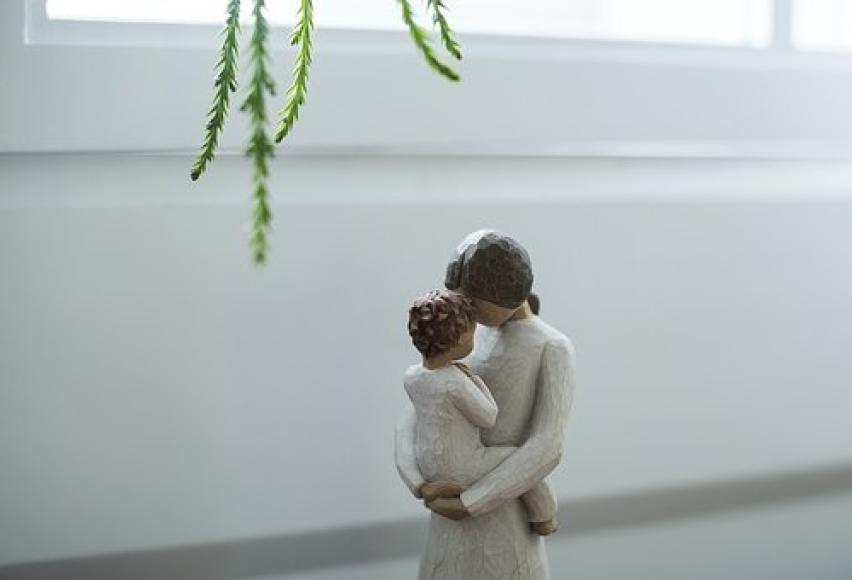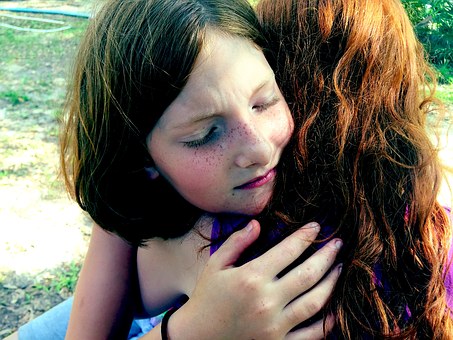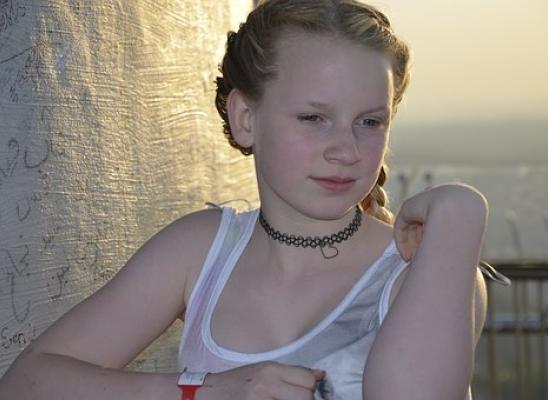New Research - Do styles of family functioning impact the hair pulling behaviors of adolescents?

Online test
Find out the severity of your symptoms with this free online test
 Researchers try to understand factors that contribute to body-focused repetitive behaviors like pulling hair to develop more effective treatment strategies. Because many people pull due to urges or compulsions that increase with anxiety and stress, one question was whether family functioning styles impact hair pulling behaviors for teens.
Researchers try to understand factors that contribute to body-focused repetitive behaviors like pulling hair to develop more effective treatment strategies. Because many people pull due to urges or compulsions that increase with anxiety and stress, one question was whether family functioning styles impact hair pulling behaviors for teens.
Why Research Family Functioning?
Trichotillomania, or compulsive hair pulling, usually begins around 13 years old. Many young adolescents do not know how to explain what is happening to them for fear of judgment, distress, and social isolation, so they keep it to themselves (Murphy, Flessner, Altenburger, Pauls, & Keuthen, 2017). The way teens pull can be automatic, when one does it without being fully aware of it, or pulling can be done in response to an urge, impulse, negative even, or emotion. Automatic pulling is regarded as a “habit behavior” and focused pulling as “emotional regulation, ” but most teens who pull tend to do a combination of both.
Previous research shows that hair pulling symptoms usually worsen as stress or anxiety increases. This seems to be true whether it is a habit behavior or an emotional regulation behavior. Stress and anxiety increase as a result of family problems and family disruptions. Disruptions can include a chaotic family emotional environment, poor parent mental health, weak family dynamics, perfectionists parenting, marital conflict, or any distress among family members. So the question arose whether family dysfunction could predict teens behaviors of automatic or focused pulling.
Findings
The short answer is that family functioning failed to predict how teens reported engaging in automatic or focused pulling behaviors (Murphy et al., 2017). It seems pulling behaviors are much more complicated. In research, a study needs to conform to limits and research parameters for one question to be answered. In this case, whether teens with hair pulling disorder show increased symptoms when family dysfunction is high. The problem with this research question is that hair pulling disorder rarely occurs on its own. Comorbidities such as depression, anxiety, or other mental health issues are often diagnosed in addition to hair pulling disorder. Therefore, it is difficult to isolate the cause of hair pulling. Is it the family dysfunction? Is it depression? Is it anxiety? What if the family dysfunction causes anxiety which causes hair pulling? In simple terms, it is difficult to isolate one aspect of a teen’s hair pulling disorder to measure that one variable.
This study was not able to say that family functioning was a direct influence on hair pulling behaviors, nor could family environment serve to predict hair pulling behaviors (Murphy et al., 2017). What it did suggest, however, is that there is a correlation between pulling style and anxiety or depression. It also suggested that when treating hair pulling disorder it is beneficial to assess and treat the comorbid conditions as well.
to predict hair pulling behaviors (Murphy et al., 2017). What it did suggest, however, is that there is a correlation between pulling style and anxiety or depression. It also suggested that when treating hair pulling disorder it is beneficial to assess and treat the comorbid conditions as well.
Some research provides answers to new questions while other research provides support to what is already known. This study supports the theory that hair pulling behaviors in teens is complicated and cannot be attributed to one cause or one exacerbating factor. Instead, teens should be assessed and treated as a whole person with consideration for everything that contributes to hair pulling behaviors, and family dysfunction may only be a small part of it.
Reference
Murphy, Y. E., Flessner, C. A., Altenburger, E. M., Pauls, D. L. & Keuthen, N. J. (2017). The impact of family functioning on pulling styles among adolescents with trichotillomania (hair pulling disorder). Journal of Obsessive-Compulsive and Related Disorders, 14, 27-35. doi: 10.1016/j.jocdrd.2017.05.002
Online test
Find out the severity of your symptoms with this free online test
Start your journey with TrichStop
Take control of your life and find freedom from hair pulling through professional therapy and evidence-based behavioral techniques.
Start Now



